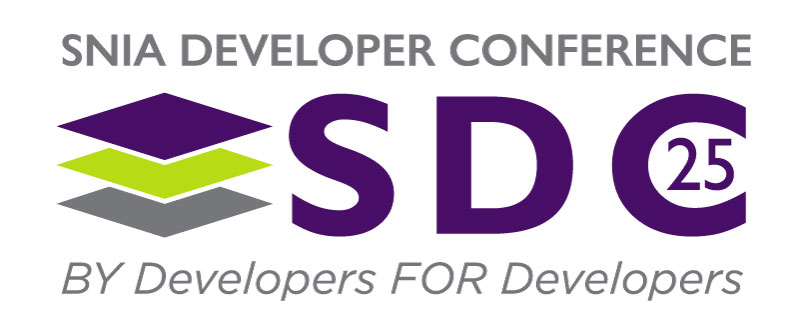The need for efficient data movement in computationally intensive applications has driven advancements in Peer-to-Peer Direct Memory Access (P2PDMA) technology. This need has been greatly exaggerated when discussing AI related applications (information gathering, training, and inference). P2PDMA facilitates direct data transfers between PCIe devices, bypassing the system memory and reducing latency and bandwidth bottlenecks. This framework has been around for many years but is finally starting to see some upstream traction. This presentation will delve into recent significant upgrades to the P2PDMA framework, explore test setups leveraging NVMe Computational Storage, and discuss real-world use cases demonstrating the benefits of P2PDMA and go into further detail of how this can be used in an ever-increasing AI world.
Enabling Peer-to-Peer Traffic with NoLoad® NVMe Computational Storage and P2PDMA and Examining Real World Use Cases
Andrew Maier
Eideticom
Abstract
Learning Objectives
Upon completion, participants will learn about the latest state of p2pdma. They will understand the userspace application interface for P2PDMA and how it can be deployed in a real world setting.
Participants will see a detailed simple evaluation of the P2PDMA framework (from the top level down). This will show how they can setup their own test architectures and run traffic on their own machines.
Participants will gain knowledge of possible real world applications for this framework while they are walked through an example application that utilizes a network interface card (NIC), SSDs, and a computational storage device.
Related Sessions
